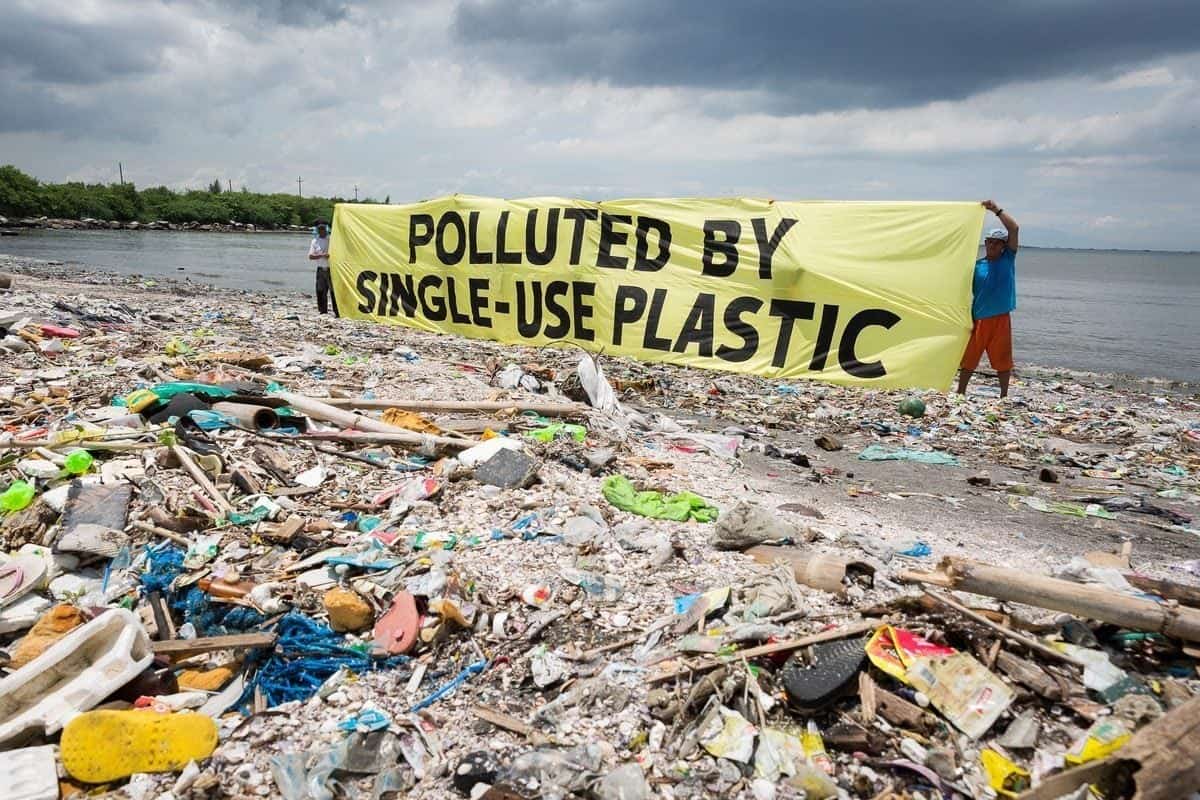In a decisive move to combat plastic pollution, Costa Rica has officially implemented its groundbreaking “Law to Combat Plastic Pollution and Protect the Environment.” The long-awaited regulations, published in La Gaceta in April 2023, have finally breathed life into the law originally approved in 2019.
This landmark legislation marks a significant shift in the country’s approach to single-use plastics, particularly targeting plastic bottles. Importers, producers, marketers, and distributors of these products are now required to implement comprehensive compliance plans aimed at reducing their use.
“We’re not just talking about recycling anymore,” said Environmental Minister Carlos Manuel Rodríguez. “This is about fundamentally changing how we think about and use plastics in our daily lives.”
The new regulations cast a wide net, encompassing not only plastic bottles but also addressing the use of straws and plastic bags. Notably, straws will now be restricted to medical use only, signaling a dramatic reduction in their everyday availability.
The urgency of this move becomes clear when considering the staggering statistics. Globally, a whopping 400 million tons of plastic waste are produced annually. Costa Rica alone contributes 50 tons of plastic waste to the environment every day. United Nations projections paint an even grimmer picture, with global primary plastic production expected to skyrocket to 1.1 billion tons by 2050.
“We’re at a critical juncture,” explained Dr. Ana Lucía Hernández, a leading environmental scientist at the University of Costa Rica. “These regulations are not just about protecting our beaches and forests. They’re about safeguarding our future.”
The law emphasizes a shift towards a circular economy, a model that aims to eliminate waste and make the most of resources. This approach requires a collective effort from all stakeholders, from large corporations down to individual consumers.
“It’s a paradigm shift,” said Juan Carlos Piñar, CEO of EcoEmpresas, a local recycling company. “We’re moving from a ‘take-make-dispose’ model to one that prioritizes reuse and recycling. It’s challenging, but it’s necessary.”
While Costa Rica has been at the forefront of addressing single-use plastic challenges, experts argue that more public awareness is needed. “Laws and regulations are crucial,” said María Fernanda Rodríguez, a spokesperson for the environmental NGO Tierra Verde. “But real change happens when every citizen understands the impact of their choices.”
As Costa Rica continues to position itself as a global leader in environmental protection, the success of this new law will depend on the collaborative efforts of government, businesses, and the public. The country’s commitment to sustainable development and consumption models sets an inspiring example for nations worldwide.
With these new regulations in place, Costa Rica takes another significant step in its journey towards a greener, cleaner future. The world watches as this small Central American nation leads the charge in the global fight against plastic pollution.






